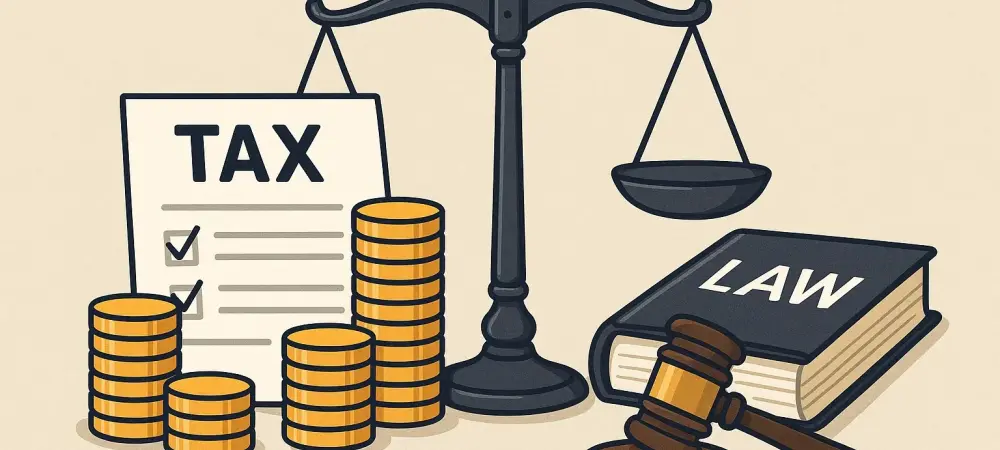In a pivotal decision that could reshape the landscape of state taxation and religious freedom, the U.S. Supreme Court issued a ruling on June 5 defending the principle of religious neutrality in tax law. This landmark case involved Catholic Charities Bureau’s plea against a Wisconsin law that denied them an unemployment compensation tax exemption. The legal battle drew national attention, underscoring the significance of religious neutrality under the First Amendment and highlighting how state laws can inadvertently lead to religious discrimination. The ruling found Wisconsin’s law in violation of the religious neutrality principle and was a unanimous decision, having far-reaching implications given that over 40 states have similar tax exemptions in place.
The controversy stemmed from Wisconsin’s criteria, which provided religious exemptions by focusing on specific religious associations. While the law excused “churches or conventions or associations of churches” and activities by ordained ministers or members of religious orders from paying into the state’s unemployment fund, it denied Catholic Charities the same leniency. The Wisconsin Department of Workforce Development argued that because Catholic Charities did not engage in religious conversion or provide religious materials, their activities were deemed secular rather than religious. This decision hinged on the operational nature of the organization rather than its fundamental religious identity, sparking a legal challenge that reached the highest court.
Examining Religious Discrimination in Tax Law
The lower courts, including the Wisconsin Supreme Court, had upheld the state’s decision based on an assessment of Catholic Charities’ activities, which they determined to be primarily secular. The U.S. Supreme Court, however, found profound flaws in this interpretation, labeling it as “textbook denominational discrimination.” By distinguishing between religions based on theological doctrines like proselytization, the court argued that Wisconsin’s law improperly favored certain religious practices over others. Such differentiation contradicted the First Amendment’s promise of religious neutrality and set a concerning precedent for the treatment of religious organizations under law. The Supreme Court’s ruling shifts focus from religious activities to broader organizational structures and affiliations when considering tax exemptions. This decision has prompted legal experts to reconsider how states formulate conditions for tax exemptions. The court’s insistence on maintaining religious neutrality suggests that reliance on theological criteria—or the nature of religious activities—could be constitutionally problematic. This scrutiny encourages states to establish clear, fair guidelines that don’t discriminate among religions, ensuring a level playing field where eligibility doesn’t depend on specific religious practices. The case of Catholic Charities Bureau v. Wisconsin Labor and Industry Review Commission serves as a critical touchstone, reinforcing that tax law must, above all else, protect against religious favoritism or prejudice.
Implications for Future Legislation and Religious Organizations
In a significant Supreme Court decision on June 5, the court reinforced religious neutrality in tax legislation by siding with Catholic Charities Bureau against a Wisconsin law. This law had previously denied them an unemployment compensation tax exemption, sparking national discourse and emphasizing the First Amendment’s protection against religious discrimination. The unanimous ruling found Wisconsin’s criteria, which exempted “churches or conventions or associations of churches,” but not Catholic Charities, in violation of religious neutrality. The organization’s exclusion was because it did not engage in religious conversion or distribute religious materials, making its operations appear secular. The Wisconsin Department of Workforce Development argued that since Catholic Charities focused on social services without proselytizing, they did not qualify for the exemption meant for religious entities. As more than 40 states have similar laws, this decision could lead to significant changes regarding how religious organizations are taxed, potentially preventing unintended religious bias in tax codes nationwide.

